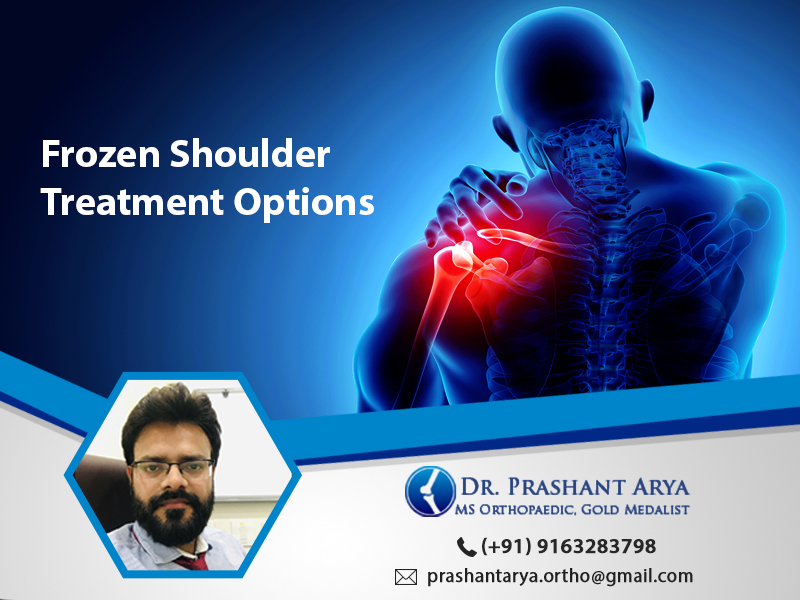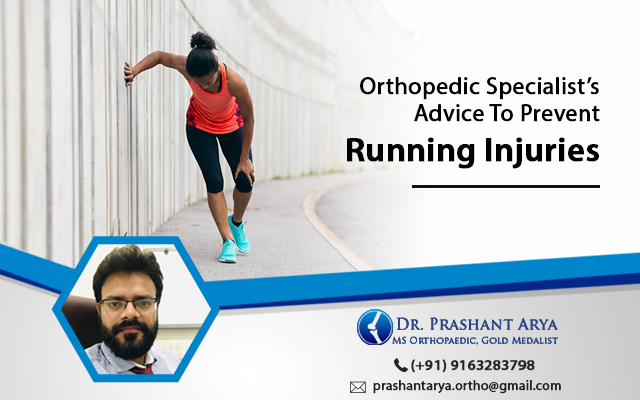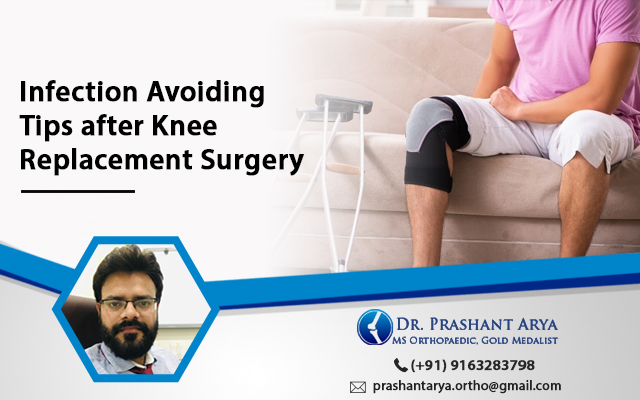A frozen shoulder (medically termed as adhesive capsulitis) is a condition of the shoulder that causes pain and stiffness. Shoulder movements are limited, and they can even become ‘frozen’ or rigid. Patients report persistent shoulder stiffness and pain that lasts for at least a few weeks. It’s supposed to be caused by the formation of a tough scar-like tissue in the shoulder capsule. Symptoms may improve without treatment; however, it might take up to 2-3 years and still leave lingering stiffness. Some frozen shoulder treatments in North Kolkata may help relieve pain and enhance shoulder movement.
Causes
Frozen shoulder can occur due to several factors, and it can also be a symptom of an underlying illness that affects the rest of the body! When someone is wearing a sling or cast for a wrist or elbow fracture, healing from upper-limb surgery, after cardiac catheterization for stenting, or getting chemotherapy (especially after breast cancer), frozen shoulder might occur. Diabetes is also a common cause. One in every five diabetics, particularly insulin-dependent diabetics, is thought to have frozen shoulder in one or both shoulders!
Symptoms
As listed by Dr. Prashant Arya (a renowned orthopedic in Newtown), the following are the most prevalent signs of frozen shoulder:
- Stiffness of the shoulder region, affecting one shoulder at a time.
- Severe pain in and around the shoulder, especially at night, limits day-to-day activity. When lying on the injured shoulder, the pain worsens, making it difficult to get a decent night’s sleep.
- Reduces your range of motion, which makes ordinary tasks such as tucking a shirt or donning a bra become difficult.
Treatment Options
According to the best doctor for frozen shoulder, the goal of treatment is to relieve pain and stiffness while maintaining a decent range of shoulder motion and waiting for the issue to resolve itself.
- Ordinary pain relievers: Paracetamol coupled with an opioid such as tramadol relieves pain and improves sleep.
- Anti-inflammatory pain relievers: These medicines, including diclofenac, reduce inflammation in the shoulder joint and thus pain. They are particularly beneficial in the early stages of frozen shoulder. Oral steroids are sometimes recommended for a short period of time.
- Shoulder exercises: These are the cornerstone of treatment, focusing on releasing the tight capsule and strengthening the shoulder muscles.
- Physiotherapy: Modalities such as laser, ultrasonic and moist heat work wonders in reducing pain and improving shoulder flexibility.
- Manipulation under anaesthesia: This procedure entails forcing the joint through its complete range of motion while under general anaesthesia in order to ‘break’ the adhesions. It has mostly been abandoned because of its high prevalence of unfavourable side effects such as rotator cuff tears and fractures.
Arthroscopic capsular release: It is intended for frozen shoulder patients who haven’t responded to at least three months of conservative treatment. Patients with severe joint abnormalities are occasionally chosen for this treatment method. The interior of the shoulder joint is viewed with a medical camera and the tight tissues are directly loosened with a radiofrequency instrument during this minimally invasive surgery, which is performed through 2-3 tiny 4 mm cuts (often mistaken for a laser). This is a day-care surgery that provides practically instant pain relief and a complete range of motion, says Dr. Prashant Arya who is regarded to be the best orthopedic surgeon in Newtown, North Kolkata.







Leave A Comment